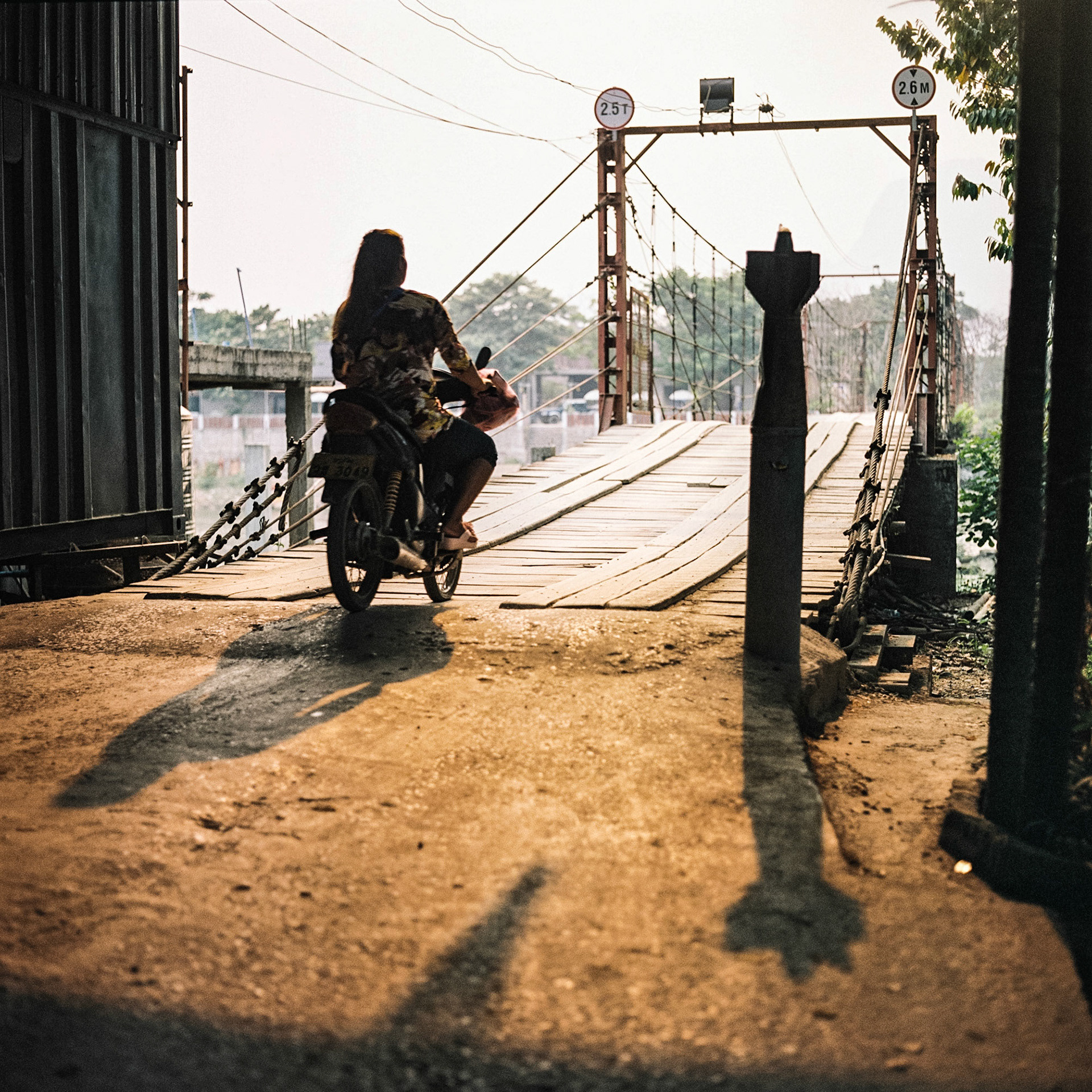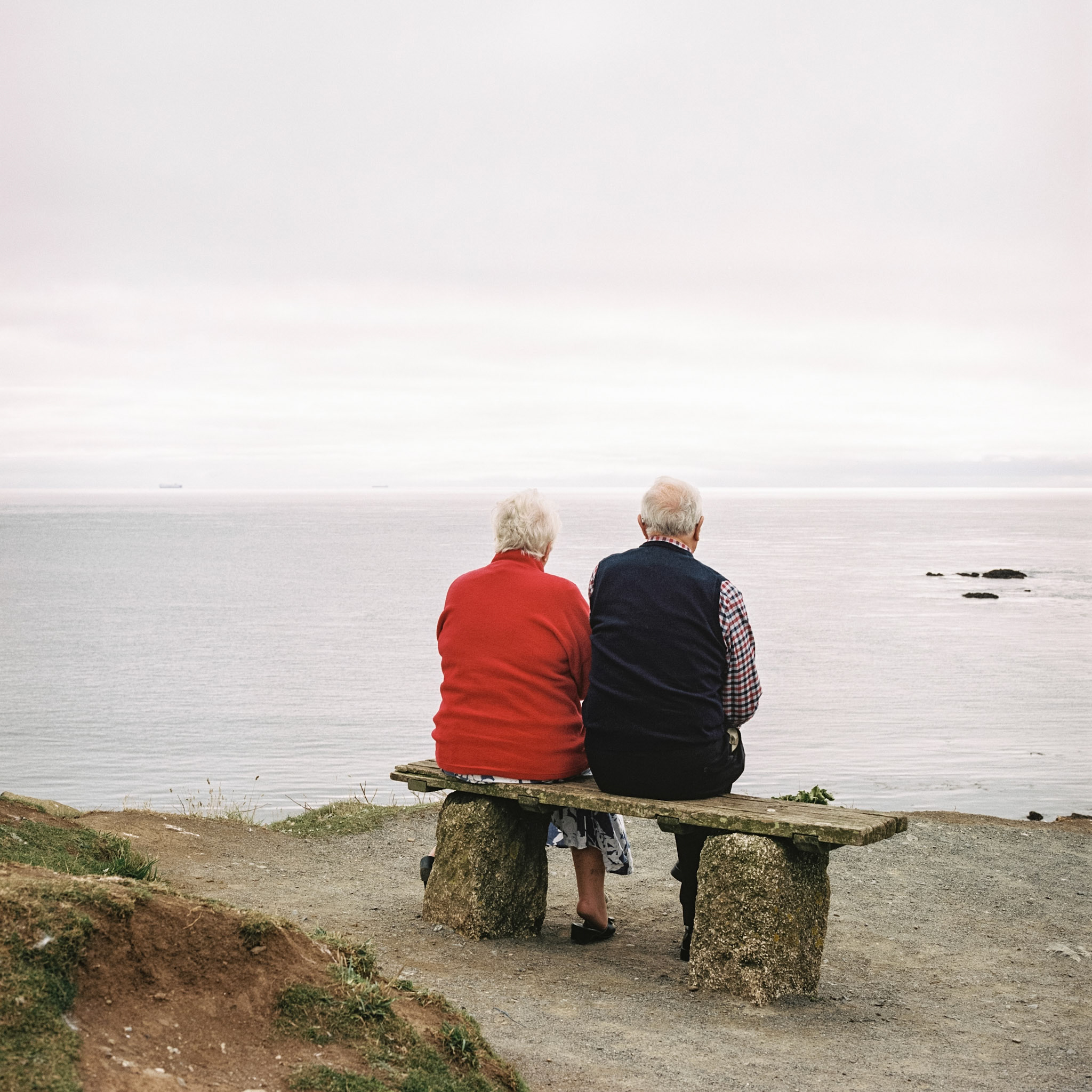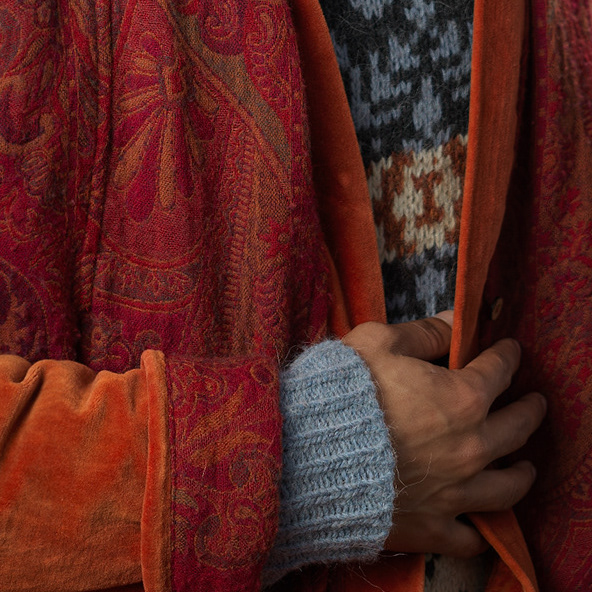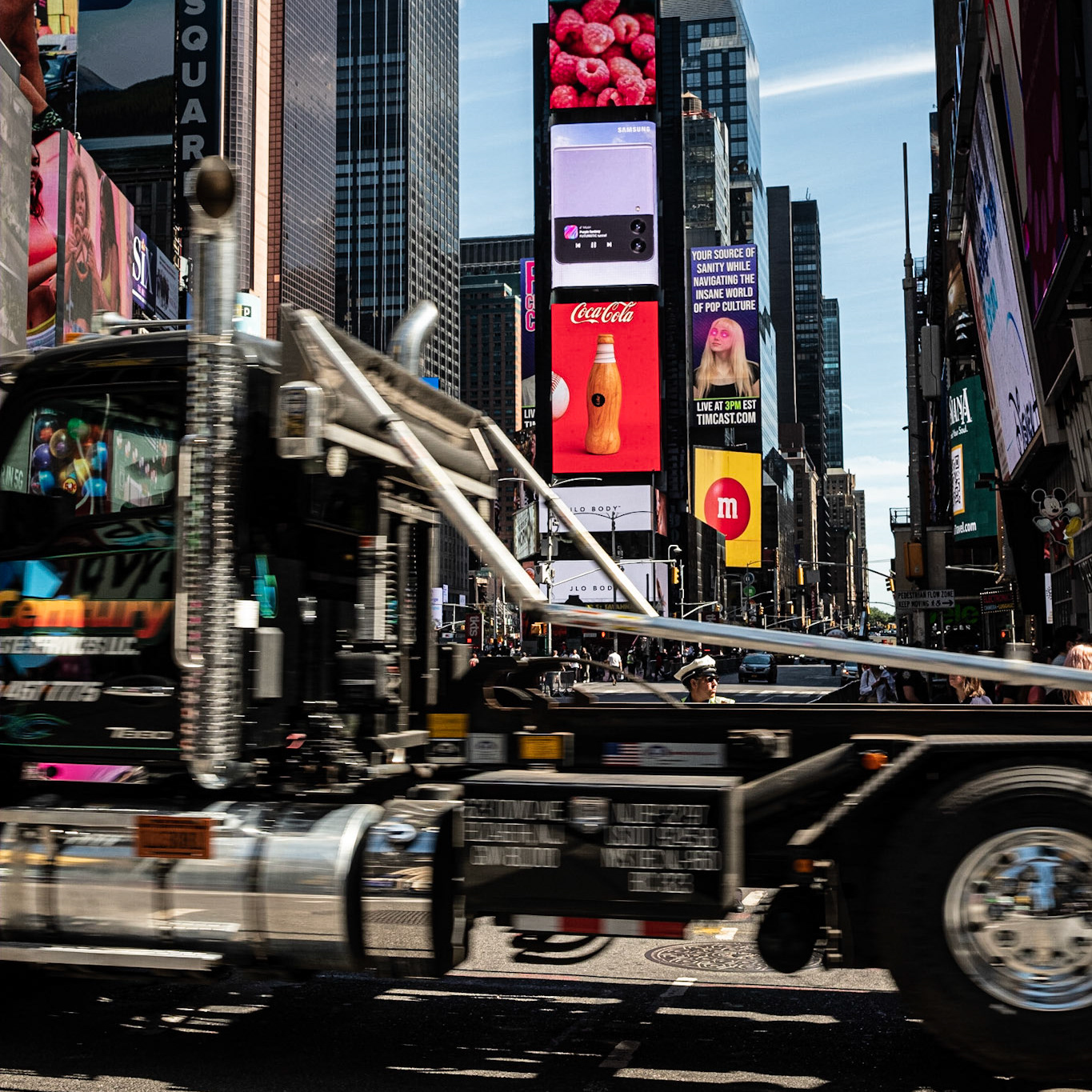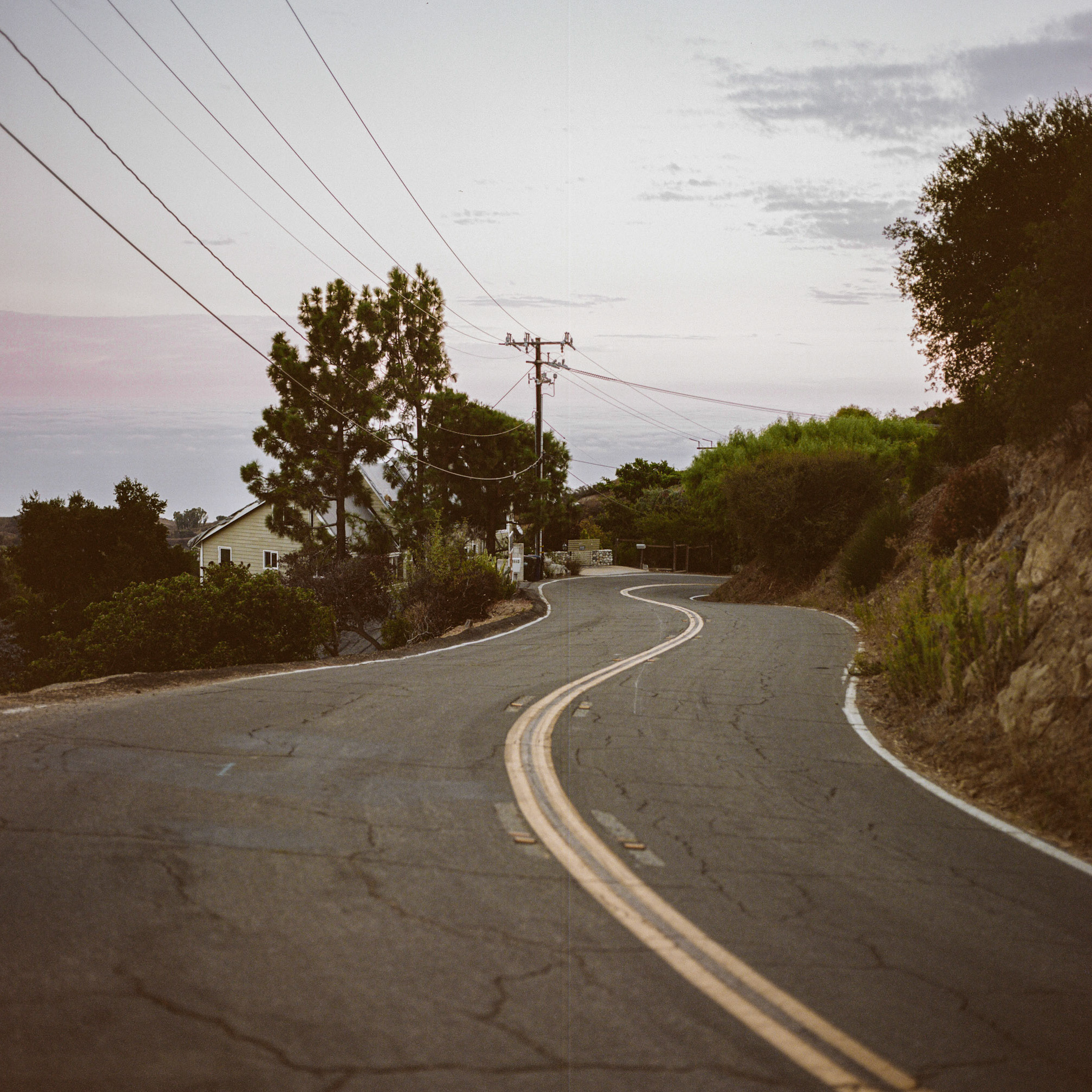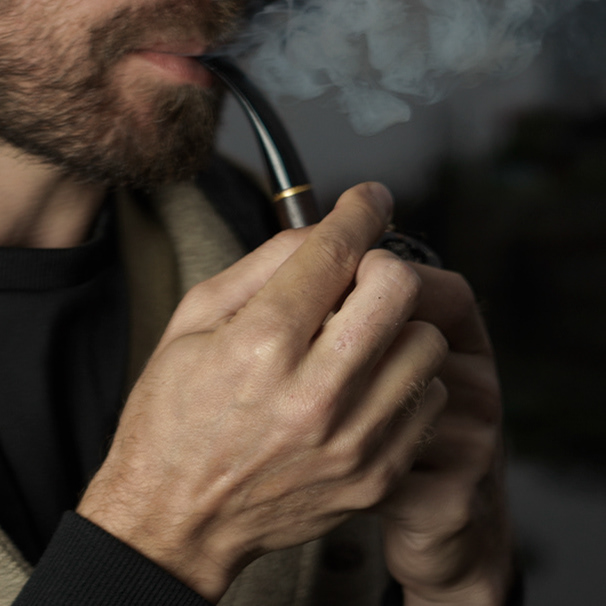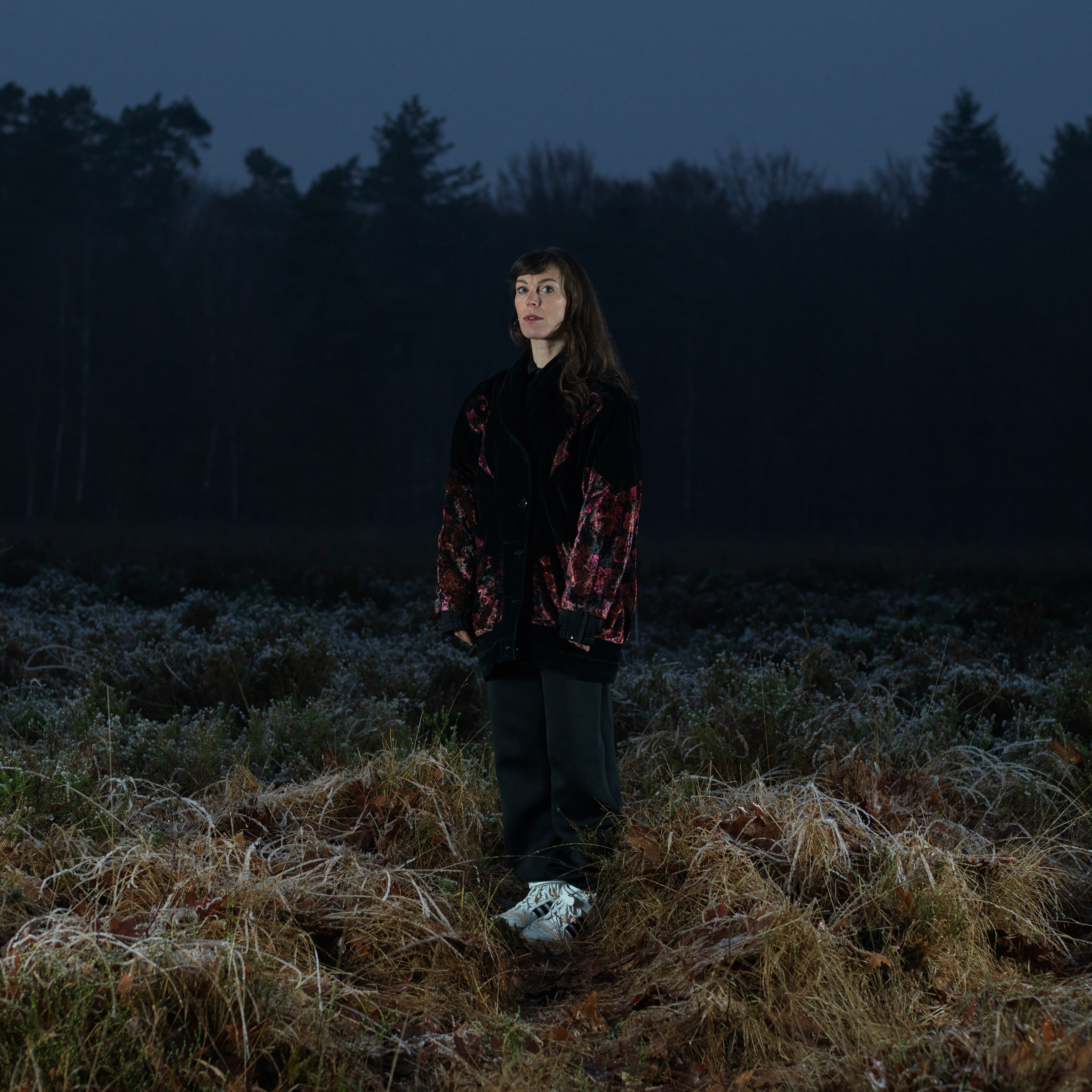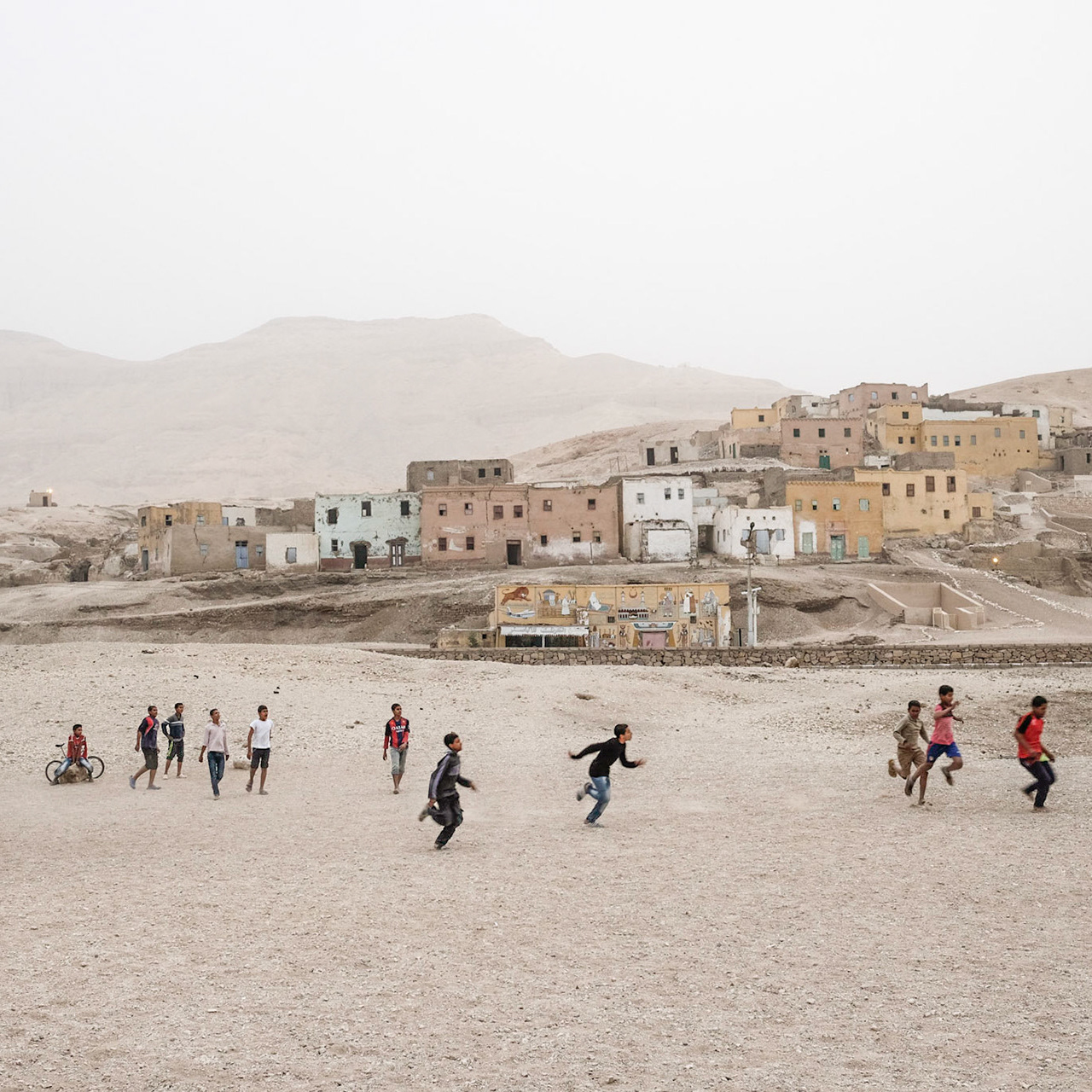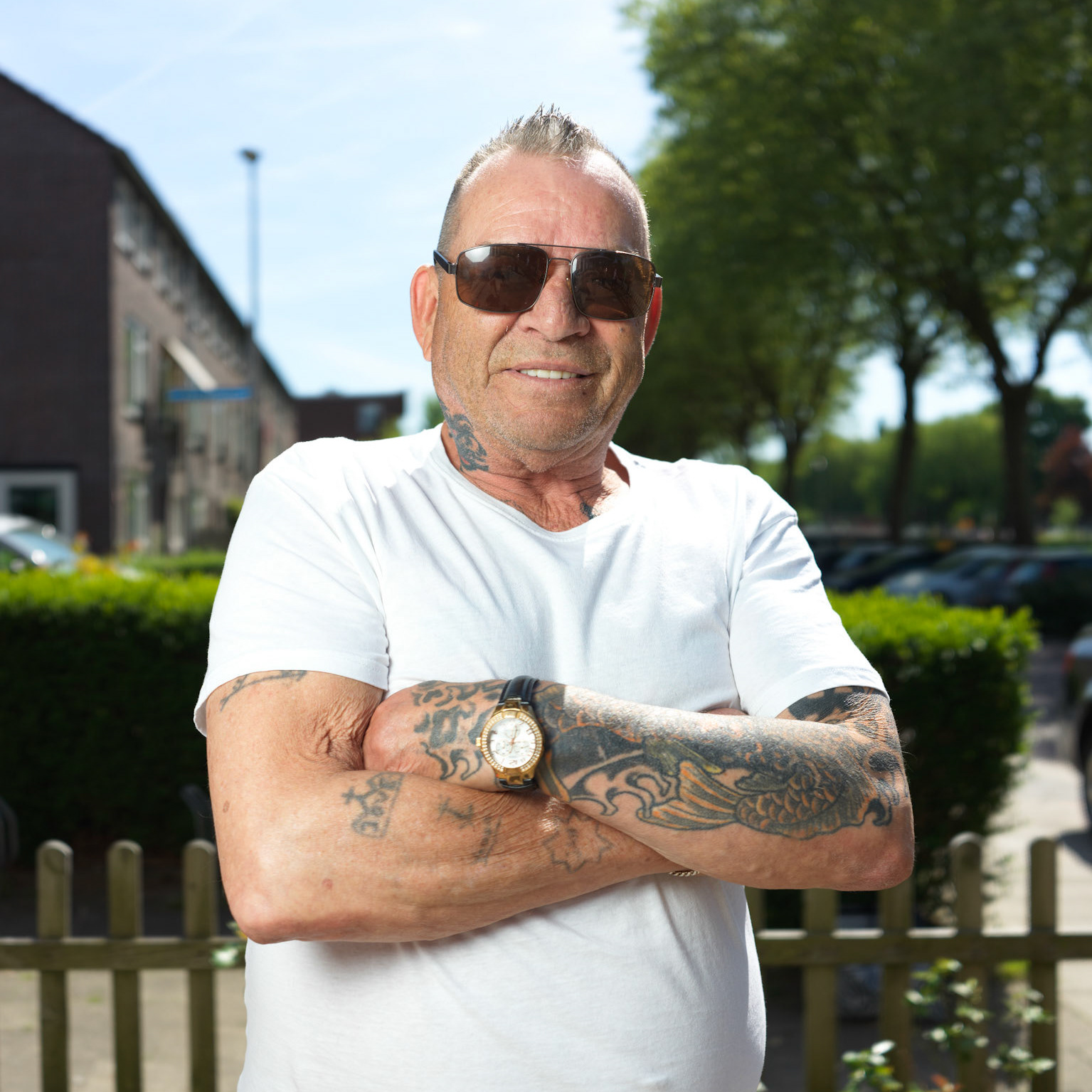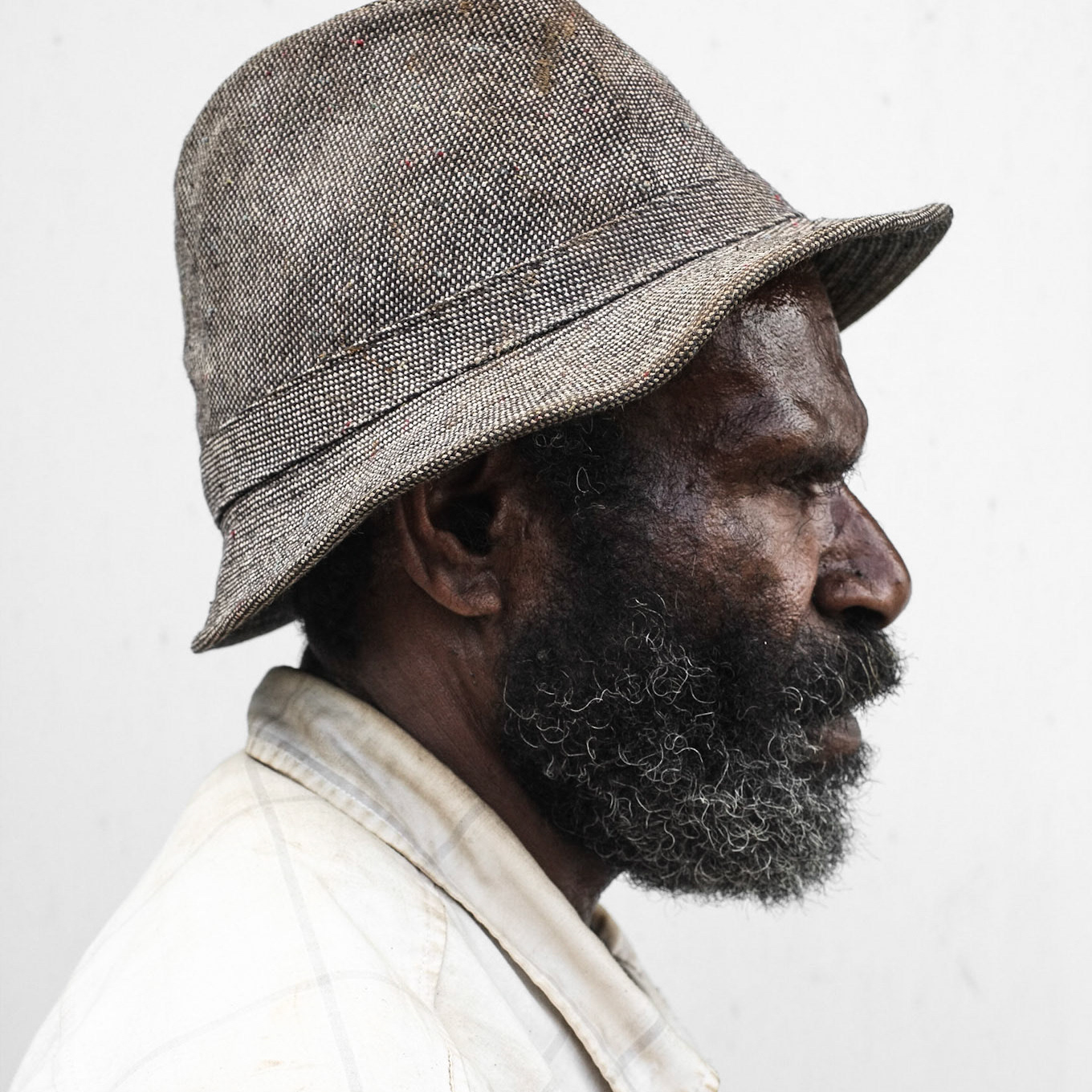'Arrived' is an ongoing portrait series featuring people who consider
themselves "arrived" after leaving one life for another.
The Netherlands | 2023 - now
themselves "arrived" after leaving one life for another.
The Netherlands | 2023 - now
Zehra Cayiroglu
I was born and raised in a small village located in the Black Sea region in Northern Turkey. To me, it is one of the most beautiful places in Turkey. Filled with mountains, pristine forests, rivers, flowers, and songs of birds. I lived here till my 17th. My world was comprised of this small village until I left for university. I vividly remember sitting on the tops of the hills as a little kid, looking up at the sky, watching airplanes, and wondering where the people on these planes were heading. I remember the times I watched colourful sunsets, asking myself what life was like outside my village.
Thinking back on that girl, it feels like I had only two options: leaving for the university to become educated or getting married at an early age which automatically meant staying there. I felt a stronger desire to explore the world through education and to be accepted into a university. At an early age, I became aware of this reality which motivated me to become a hardworking pupil. My mother was not sent to school by her parents and got married when she was only 14 years old. Learning from that and in my heart, I knew that I had only one option: expand my vision to build a life by exploring more of the world.
I moved to Konya for my studies. It was the first time that I left a place I would call ‘home’. It was also the first time I felt I was ‘the other one’. To my surprise, I was not allowed to enter the university campus wearing a hijab. At that time the government banned the headscarf in public institutions. I felt like being treated as a criminal at the entrance of the campus. Due to this prohibition, wearing a hijab became a symbol of freedom and individual choice to me. After finishing my studies in 2011, I moved to the United States in 2013 for additional studies in two different states. Since leaving my village I have been in constant pursuit of more freedom but I have always wondered: ‘Where is home?’ I had envisioned the US as a place where I could just be myself. However, with Trump's victory in 2016 and the ongoing anti-Muslim rhetoric in Western societies, it is difficult for a Turkish Muslim female not to feel treated as: ‘the other’.
I moved to Konya for my studies. It was the first time that I left a place I would call ‘home’. It was also the first time I felt I was ‘the other one’. To my surprise, I was not allowed to enter the university campus wearing a hijab. At that time the government banned the headscarf in public institutions. I felt like being treated as a criminal at the entrance of the campus. Due to this prohibition, wearing a hijab became a symbol of freedom and individual choice to me. After finishing my studies in 2011, I moved to the United States in 2013 for additional studies in two different states. Since leaving my village I have been in constant pursuit of more freedom but I have always wondered: ‘Where is home?’ I had envisioned the US as a place where I could just be myself. However, with Trump's victory in 2016 and the ongoing anti-Muslim rhetoric in Western societies, it is difficult for a Turkish Muslim female not to feel treated as: ‘the other’.
It was the same year I chose to permanently build my life outside of Turkey. In 2018 I moved to the Netherlands. To me, it was another land of freedom. After spending some time living here, I noticed that my experience was becoming dissimilar from being a Muslim woman in other countries; It seems that the Dutch are more familiar with Muslims being a part of society since they were invited as immigrant workers a few decades ago, but there seems to be friction in the Dutch perception of Muslim women regarding cultural integration; due to being uneducated and language issues. Even the 'third-generation migrants' holding a Dutch passport and being born here are not being perceived as 'Dutch', which is surprising to me.
I noticed that living in foreign countries gave me mixed feelings. A part of me felt liberated but I had my doubts as well. Who am I, and where can I be my authentic self? I was also proud of my Turkish roots, but I felt estranged at the same time. Do I find myself stuck in the middle of two worlds, the East and West, in the middle of nowhere, where do I belong? During these years my inner connection with Turkey slowly faded away. Time has changed me and I slowly grew into a stranger to my people. I lost the idea of being at home. Instead, I felt like a confirmed migrant in exile. The perpetual sense of being a ‘stranger’ makes feeling at home, feeling safe, and having a sense of belonging quite difficult.
Florebo quocumque ferar
Wherever I may go, I will flourish
My current work is with refugees. Daily, I meet people who lost their homes due to unsafety, the deprivation of peace and destruction. When a person gets pushed out of their common environment, he or she loses not only a physical home but also a sense of home. After which the only concern left is to find safety and a new place of belonging. Home is where someone can feel safe emotionally, physically, and mentally. It is a place where someone is always welcome, seen, loved, and heard. Home is where someone can radiate and bloom as they are.
After years of being a migrant in different countries, I have often felt I lost my way home, I did not feel I belonged anywhere. My marriage with my ex-partner fell apart since I did not feel at home in the marriage, and the loss of my dear sister Seçil cancer last year. I was unable to pay a final visit. These are examples of learning the hard way that letting go of some essential elements in life, which are not providing me with a sense of safety and security, has always been my driving force to continue moving on.
After years of being a migrant in different countries, I have often felt I lost my way home, I did not feel I belonged anywhere. My marriage with my ex-partner fell apart since I did not feel at home in the marriage, and the loss of my dear sister Seçil cancer last year. I was unable to pay a final visit. These are examples of learning the hard way that letting go of some essential elements in life, which are not providing me with a sense of safety and security, has always been my driving force to continue moving on.
Because of this realization, I can safely say that this year, I have found my sense of home once again. It is not a place somewhere but I feel having arrived. I have returned to myself. I finally have myself. In my heart, I am connected with who I am. All these steps have been in service of connecting with myself.
With confidence I express: I have my roots; I see who I am. Wherever I go, there is a home. No one can take something from me that I always carry with me. My heart is a seed I can plant wherever I am. As the Latin phrase states: "Florebo quocumque ferar”. When I think about this phrase, I find it funny that Zehra means "flower" in Arabic. I am a migrant flower, "Wherever I may go, I will flourish."
I have rooted myself. Here. Now. I am home.
I have rooted myself. Here. Now. I am home.
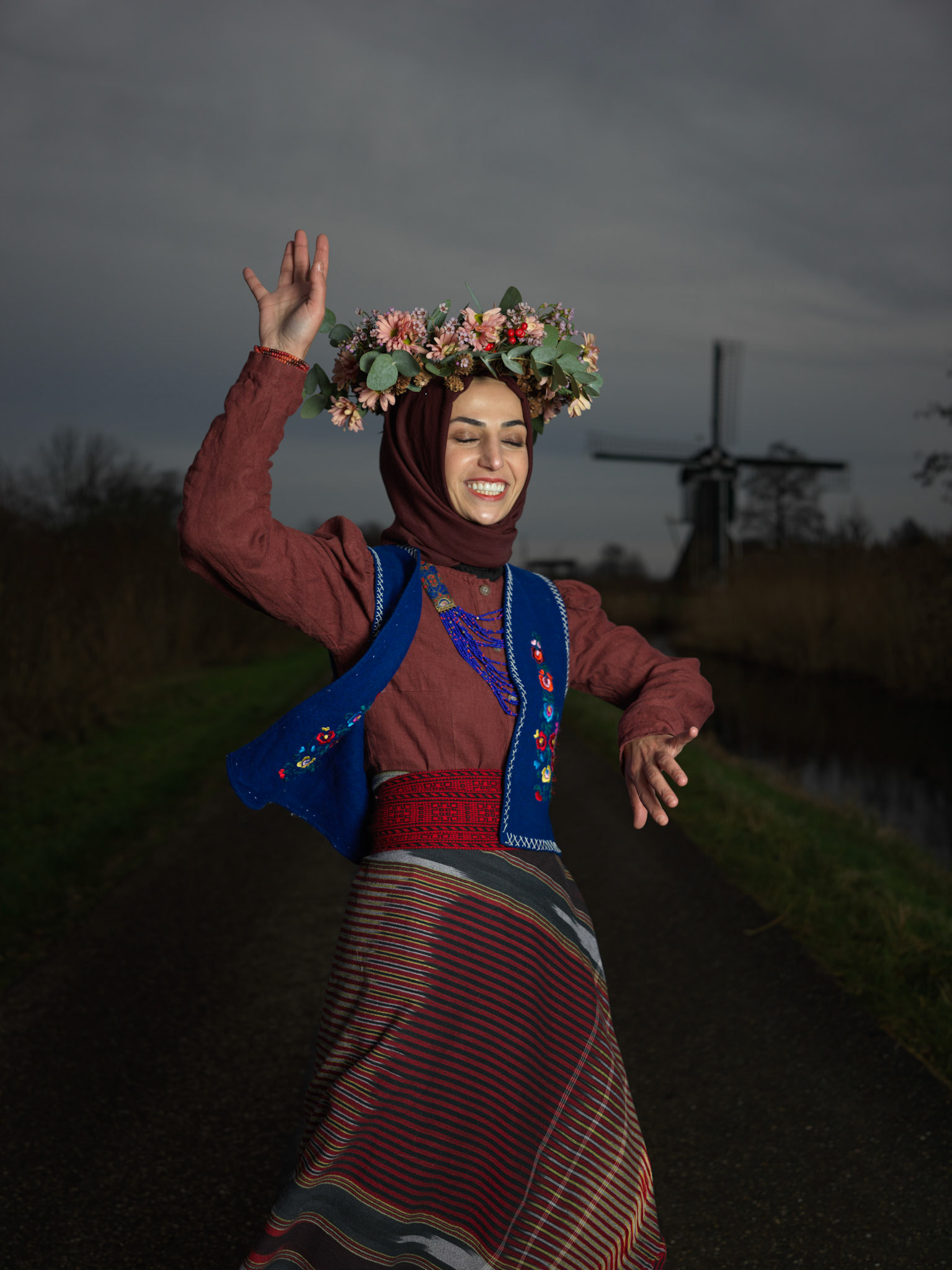

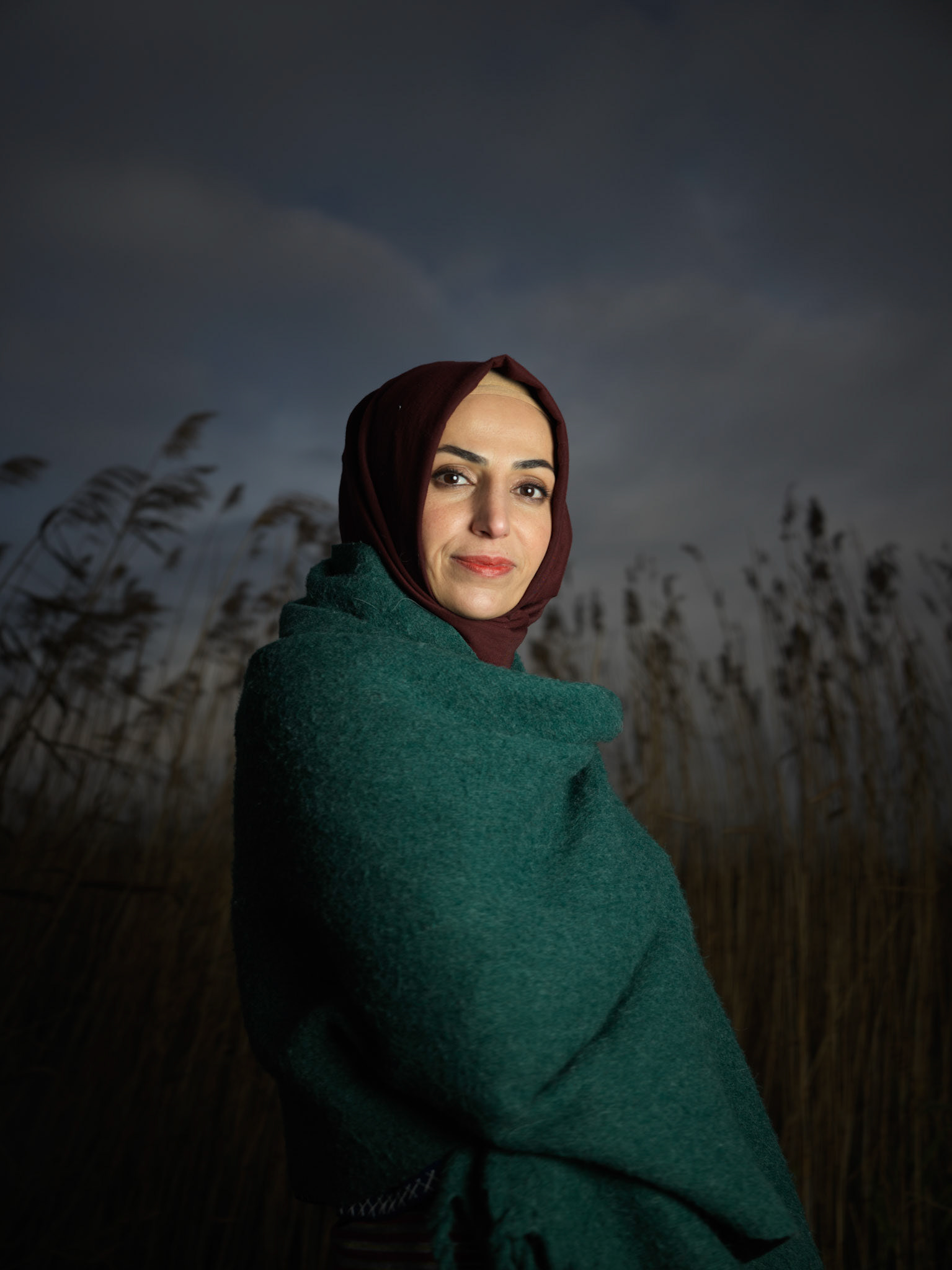
To me, wearing a hijab became a symbol of freedom and individual choice
I have my roots; I see who I am. Wherever I go, there is a home
